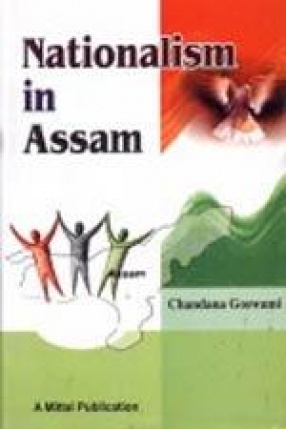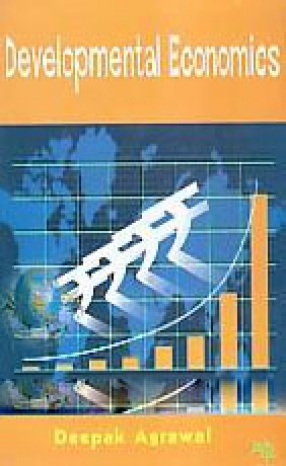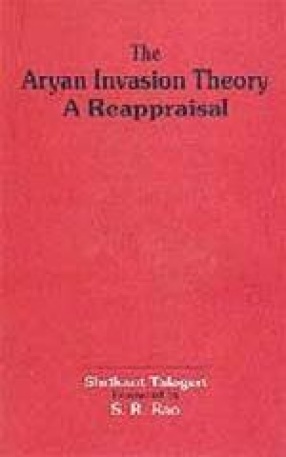The book has been written with a view to bringing to the forefront the feelings of patriotism and nationalism nurtured by the Assamese people since very early times. Contrary to the belief that Assam being situated in the extreme north-eastern comer of the mighty Indian empire remained aloof from the mainstream of Indian politics, the book attempts to bring forth the role of the Assamese people at every stage of India’s struggle for independence. The establishment of an empire in Assam by the Ahoms, the taking over of the reins of Government by the British and the effects of their rule have been elaborately dealt with. Apart from the Ahom nobility the common peasants joined together to oppose the British taxation policy. These movements though were suppressed by the superior force, it contributed indirectly to the growth of a consciousness hitherto unknown before. The spread of education in Assam may be attributed to the efforts of the missionaries as well as the British which led to the growth of a nascent middle class in Assam. The intellectuals from this middle class compiled various works and through articles in various contemporary journals of the period infused into the minds of the people the revolutionary spirit which germinated and bore fruit in the coming century. The development of the press in Assam, the participation of the Assam leaders in the proceedings of the Indian National Congress, the role of the people in the partition movement all led to the growth of an elite Assamese intelligentsia who were now very much conscious of their socio-economic and political existence.
Nationalism in Assam
In stock
Free & Quick Delivery Worldwide
Bibliographic information
Title
Nationalism in Assam
Author
Edition
1st ed.
Publisher
Mittal Publications, 2008
ISBN
8183242464
Length
202p.
Subjects





There are no reviews yet.